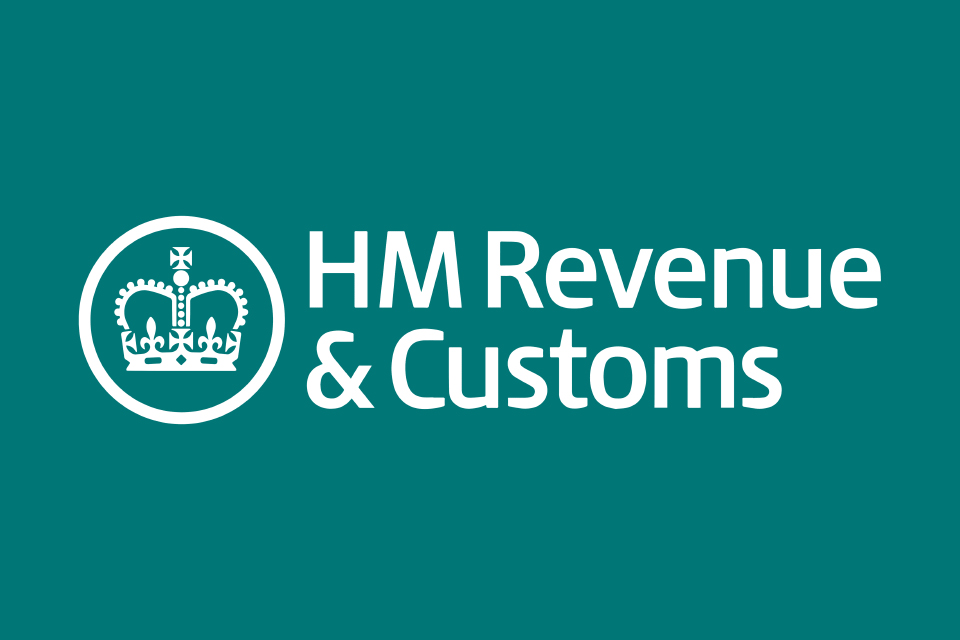

The New Year often sparks fresh ambitions and, for many, it’s the perfect time to turn entrepreneurial dreams into reality. But before diving into your exciting venture, it’s crucial to have your financial house in order. Proper financial management is the backbone of any successful startup. Here’s a handy checklist to get you started:
-
Choose the Right Accounting System
Setting up an efficient accounting system is essential to keep track of your finances from day one.
- Options: Consider software like FreeAgent, Xero, or QuickBooks for user-friendly bookkeeping.
- Benefits: These tools help you track income and expenses, generate invoices, and ensure compliance with tax requirements.
- Our Pro Tip: Pick software that integrates with your bank account and scales as your business grows. Most of our clients use FreeAgent, which is free if you bank with Nat West.
-
Register for Taxes
Navigating taxes might not be glamorous, but it’s non-negotiable.
- HMRC Registration: Register as a sole trader, partnership, or limited company depending on your business structure.
- VAT Registration: If your turnover exceeds £90,000, you’ll need to register for VAT.
- National Insurance Contributions: Ensure you’re aware of your obligations as a business owner in relation to yourself and your employees.
- Our Pro Tip: Seek advice early to understand what taxes apply to your business and avoid unexpected surprises.
-
Open a Business Bank Account
Keeping personal and business finances separate is key.
- Why it matters: It simplifies bookkeeping, helps track cash flow, and adds professionalism to your business dealings.
- Our Pro Tip: Look for accounts offering features like fee-free banking for startups or tools that integrate with accounting software.
-
Plan for Cash Flow
Without a solid grip on cash flow, even the best ideas can struggle to thrive.
- Create a forecast: Outline expected income and expenses for the year.
- Monitor regularly: Review your cash flow monthly to ensure you stay on track.
- Our Pro Tip: Build a cash reserve to buffer against unexpected expenses or slow payment periods.
-
Get Insured
Protecting your business is vital from day one.
- Mandatory coverage: Employers’ liability insurance (if you’ll have staff).
- Recommended: Public liability, professional indemnity, and cyber insurance based on your industry.
-
Budget for Growth
Planning for growth ensures your business is ready for future opportunities.
- Invest in resources: Allocate funds for tools, staff, or marketing.
- Track ROI: Measure the success of your investments to refine spending decisions.
-
Seek Professional Guidance
Accountants can be your secret weapon (hint, hint 😉).
- Benefits: They help with tax planning, compliance, and identifying financial opportunities.
- Our Pro Tip: Find a firm that understands your industry for tailored insights.
-
Stay Compliant
Regularly review your financial records and ensure you meet deadlines for tax filings and payments.
- Use tools: Set up reminders for key dates or use software to automate this process.
- Our Pro Tip: Late filings can lead to fines—stay ahead to avoid unnecessary costs.
Starting a new business is exciting, and with these financial essentials in place, you’ll be well prepared to tackle the challenges ahead. By laying a solid financial foundation, you’ll not only meet compliance requirements but also position your business for long-term success.





